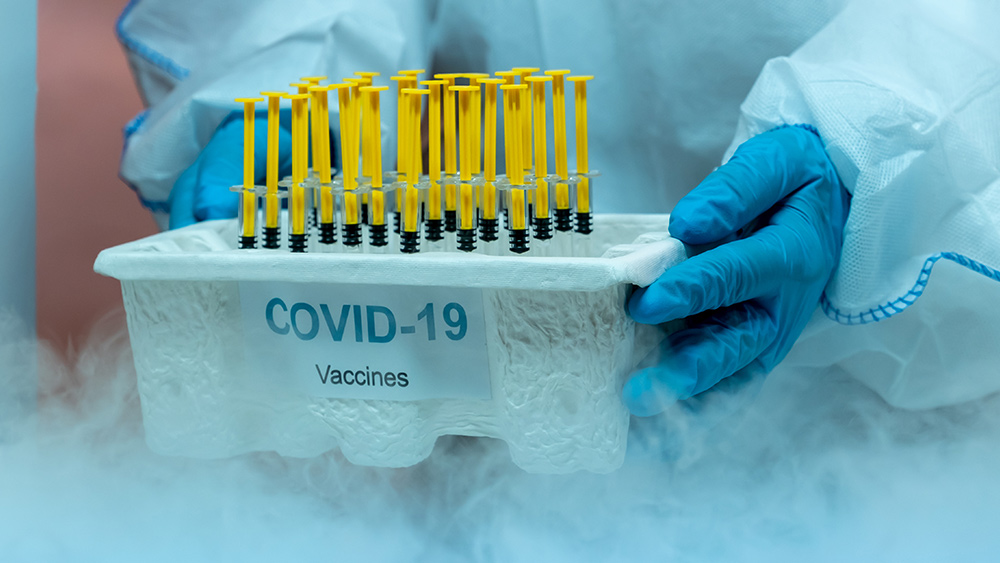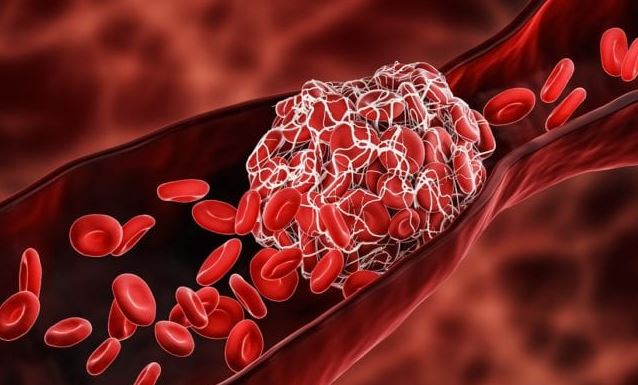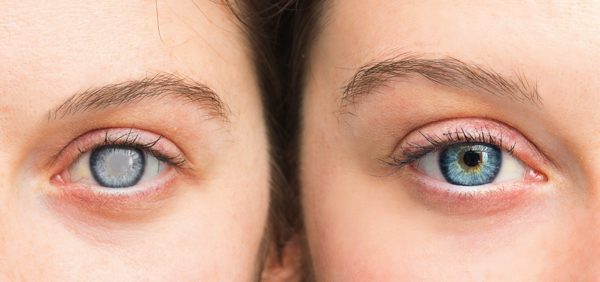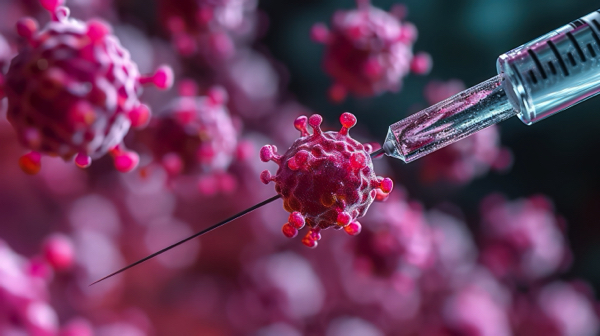Dangers of using blood thinners: A leading cause of ER deaths
09/18/2024 / By Olivia Cook

Blood thinners, or anticoagulants, are used to prevent blood clots that can lead to serious health issues. Doctors often prescribe blood thinners to reduce a person’s risk of suffering from the following:
- Heart attack – occurs when blood clots block the arteries supplying your heart with blood.
- Stroke – caused by clots clogging the small blood vessels in the brain, obstructing blood flow.
- Deep vein thrombosis (DVT) – caused by the formation of clots in major veins in your legs (less commonly in your arms, pelvis and other large veins in your body); can become dangerous if the clots travel to your heart and/or lungs.
- Pulmonary embolism – caused by a clot blocking an artery in your lung, severely obstructing blood flow.
Despite their intended benefits, severe bleeding from blood thinners like heparin, dabigatran and warfarin is now a leading cause of death in U.S. emergency rooms, according to a Duke University cardiologist.
Blood thinners: a dangerous gamble
Although blood thinners are a crucial medication for some, they unfortunately cause serious side effects. Blood thinners come in two main types:
Anticoagulants
These medications slow down blood clotting by interfering with certain chemical reactions in your body. The main classes of anticoagulants include heparin, newer direct oral anticoagulants and vitamin K antagonists like warfarin.
Warfarin, in particular, can cause severe bleeding in the brain, digestive tract and eyes. Other reported side effects include altered taste, bloating, gas, nausea, stomach pain and vomiting. (Related: Brain bleeding from use of anticoagulant increasing since the 1990s, researchers report.)
Patients prescribed warfarin must be informed of its potentially dangerous interactions with foods, supplements and other medications, including antibiotics, antifungals, herbal products (like garlic and turmeric), vitamin K-rich foods, vitamin E and other anticoagulants and antiplatelets. (Related: Bye bye Coumadin, so long Plavix – Say hello to five natural blood thinners that protect against strokes and blood clots.)
Antiplatelets
These are medications that prevent blood cells called platelets from sticking together and forming clots. Aspirin is a well-known example of an oral antiplatelet, along with cilostazol (Pletal), clopidogrel (Plavix), dipyridamole (Persantine), pentoxifylline (Trental), prasugrel (Effient) and ticagrelor (Brilinta). Injectable antiplatelets include eptifibatide (Integrilin) and tirofiban (Aggrastat).
The most common side effects of antiplatelet medications include aspirin-induced asthma, blood in urine, difficulty breathing, easy bruising, low platelet count, nasal polyps, nosebleeds and severe stomach bleeding.
Interactions to watch out for include alcohol, diuretics, nonsteroidal anti-inflammatory drugs (NSAIDs) and steroids.
Things to consider if you’re using blood thinners
Here are some key points to consider if you’re on blood thinners:
- Avoid high-risk activities. To prevent dangerous bleeding, avoid activities that pose a high risk of injury. Discuss what activities are safe for you with a health care practitioner.
- Be cautious about using other medications. Some antibiotics and antifungals can make blood thinners more potent, increasing your risk of bleeding. Always consult with a health care practitioner before using over-the-counter drugs and supplements.
- Consider natural options. Talk to natural health practitioner about natural alternatives that could enhance blood circulation and reduce your clot risk. (Related: 9 Natural blood thinners you may already have at home.)
- Don’t skip doses. Take your medication exactly as prescribed. Contact your physician for advice if you miss a dose. Using a daily pillbox can help you stay on track.
- Limit your alcohol consumption. Alcohol can lessen the effects of blood thinners by affecting your liver’s ability to process both the alcohol and the medication.
- Watch out for signs of bleeding. Symptoms like black stools, fatigue, pale skin and shortness of breath could indicate internal bleeding. Rapid bleeding may cause stroke-like symptoms or pain in your abdomen or back.
- Watch for other side effects. Blood thinners can cause nausea and low blood cell counts, which could lead to dizziness, generalized body malaise and shortness of breath.
Visit DangerousMedicine.com for more stories like this.
Watch the following video to learn more about the potential risks of using blood thinning medications.
This video is from the Daily Videos channel on Brighteon.com.
More related stories:
Blood clots: Everything you need to know (and ways to prevent them.)
Doctors advise blood thinners for heart stent patients, health advocate decries both.
Sources include:
Submit a correction >>
Tagged Under:
anticoagulants, Antiplatelets, Big Pharma, blood health, blood thinners, chemical violence, health science, pharmaceutical fraud, Prescription drugs, side effects, tips
This article may contain statements that reflect the opinion of the author



















